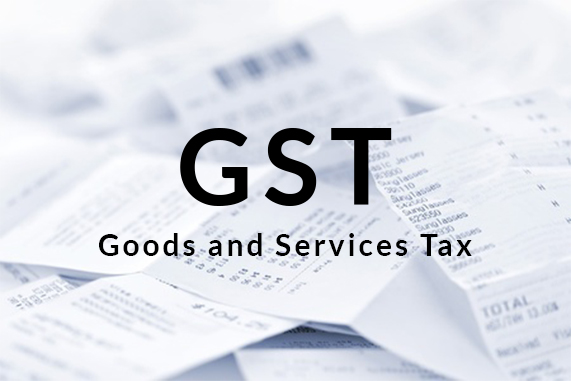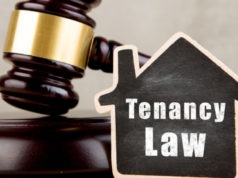The Goods and Services Tax Council has approved lowering the tax rate on under-construction properties to 1 percent without input tax credit, from 12 percent earlier, Finance Minister Arun Jaitley said. The new tax rates will be applicable from April 1, 2019.
Affordable housing projects will attract 1 percent tax as against 8 percent earlier, Jaitley said, adding that the definition of what constitutes affordable housing will be based on carpet area of flats— a residential house of carpet area of up to 90 square metre in non-metropolitan cities, and 60 square metre in metropolitan cities having value of up to Rs 45 lakh.
Both these conditions need to be met for a property to fall under affordable housing segment, Revenue Secretary Ajay Bhushan Pandey told BloombergQuint. This, he said, will cover purchases made before the announcement if flats are still under construction.
Metropolitan cities where a house of 60 square metre will come under the affordable housing segment are Bengaluru, Chennai, Delhi NCR (limited to Delhi, Noida, Greater Noida, Ghaziabad, Gurgaon, Faridabad), Hyderabad, Kolkata and Mumbai, including Mumbai Metropolitan Region.
Extending the definition, houses priced within Rs 45 lakh “will make more properties from the premium budget fall into the affordable segment category, and thus benefit buyers in cities like MMR (Mumbai Metropolitan Region) where property prices are exorbitant,” said Anuj Puri, chairman of ANAROCK Property Consultants.
According to ANAROCK, there are about 5.88 lakh under-construction homes lying unsold in the top seven cities in the country. Of these, 34 percent are priced below Rs 40 lakh. “With affordable housing now being defined within Rs 45 lakh budget, more properties qualify for this sweet spot category,” Puri said. “The GST cut, coupled with this critical change in definition, will induce more sales in homes falling in this budget range—a win-win for both builder and buyers.”
Agreed MS Mani, tax partner at Deloitte India. “The combination of the increase in the threshold in order to be termed as affordable housing together with the lower rate of 1 percent could lead to significant upswing in demand,” Mani said.
Flat buyers were postponing their decision to buy properties as completed flats did not attract GST, leading to increase in unsold inventories of under-construction flats, Pandey said. This, he said, led to cash flow problems and stress in the sector.
A transition plan will soon be in place, Pandey said, adding that the law and fitment committees of GST have been mandated to come out with a detailed transition plan by March 10, which will then be approved by GST Council before March 15 so that the entire scheme is implemented by April 1, 2019.
Another agenda item to rationalise GST on lotteries will again go to the ministerial panel for further deliberations.
Will Prices Actually Fall?
The expansion of definition of ‘affordable housing’ is going to cover a major portion of housing particularly in the non-metro cities and also in the expanding areas in metro cities, Pandey said. “This decision will be a win-win for both flat buyers and real estate sector.”
In the existing scheme where under-construction houses were taxed at 12 percent and affordable houses at 8 percent with input tax credit, the government was receiving complaints that developers were not passing the benefit of input tax credit to buyers.
The new scheme ensures that 5 percent and 1 percent rate already takes care of input tax credit, and therefore that benefit gets automatically passed on to consumers. Ajay Bhushan Pandey, Revenue Secretary.
While the elimination of input credit tax benefit may hit profitability of builders, the potential demand generation as a result of this move will far outweigh any negative aspects leading to greater sales numbers and revenues, said Shishir Baijal, chairman and managing director at Knight Frank India.
“We estimate that the reduction in GST can potentially reduce the buyers payout by 6-7 percent on the overall purchase, depending on the category. The consequent accelerating sales will bring down the unsold inventory which has been afflicting the real estate sector,” Baijal said in an emailed statement.
Source: Bloomberg










